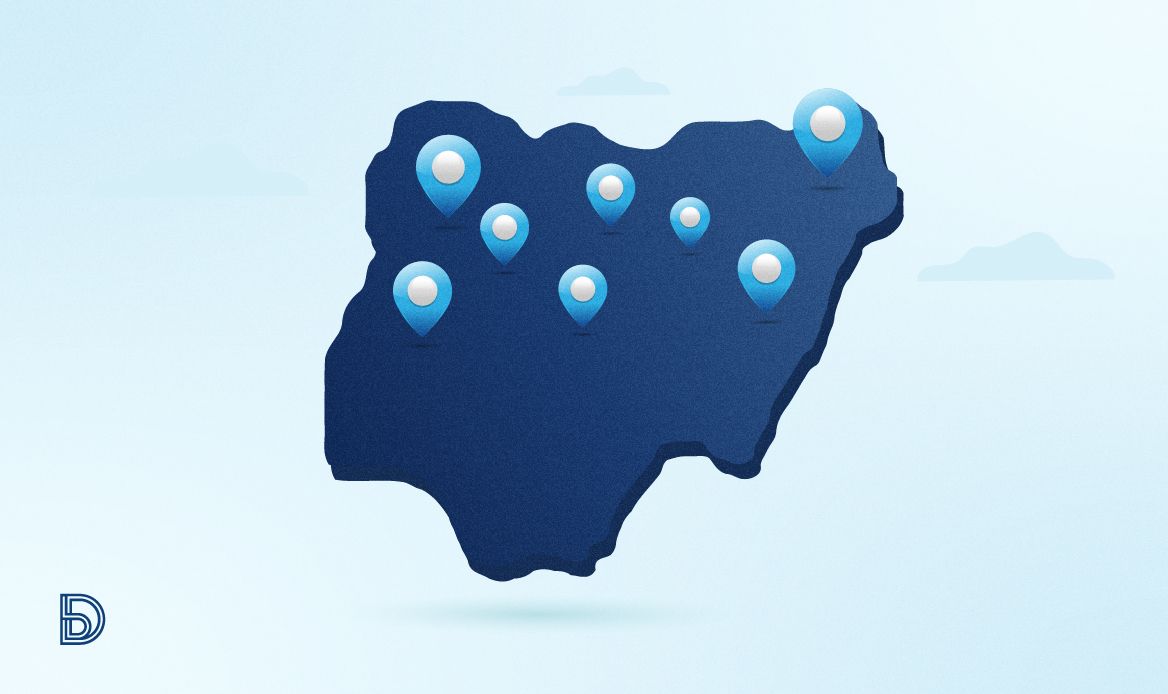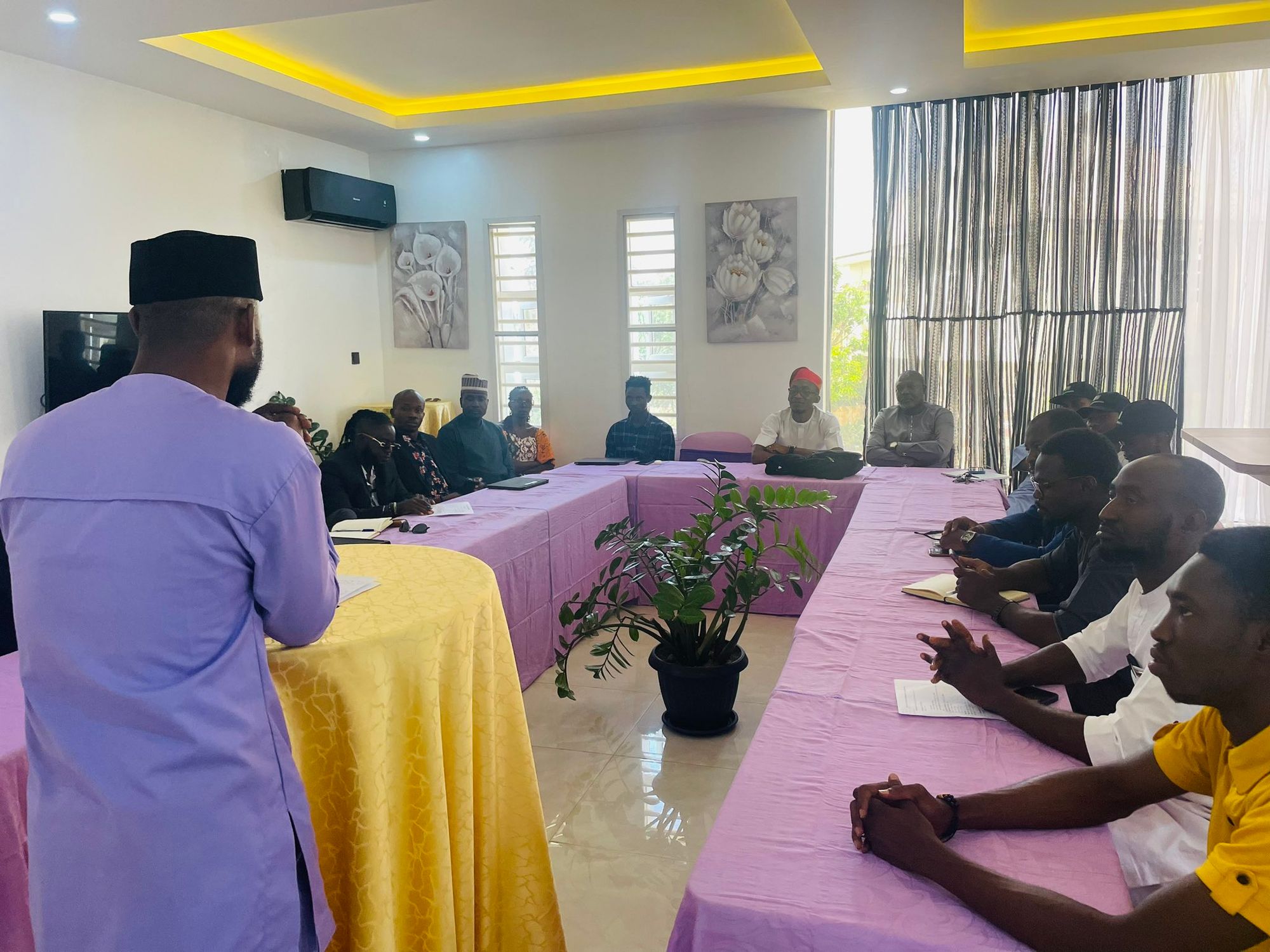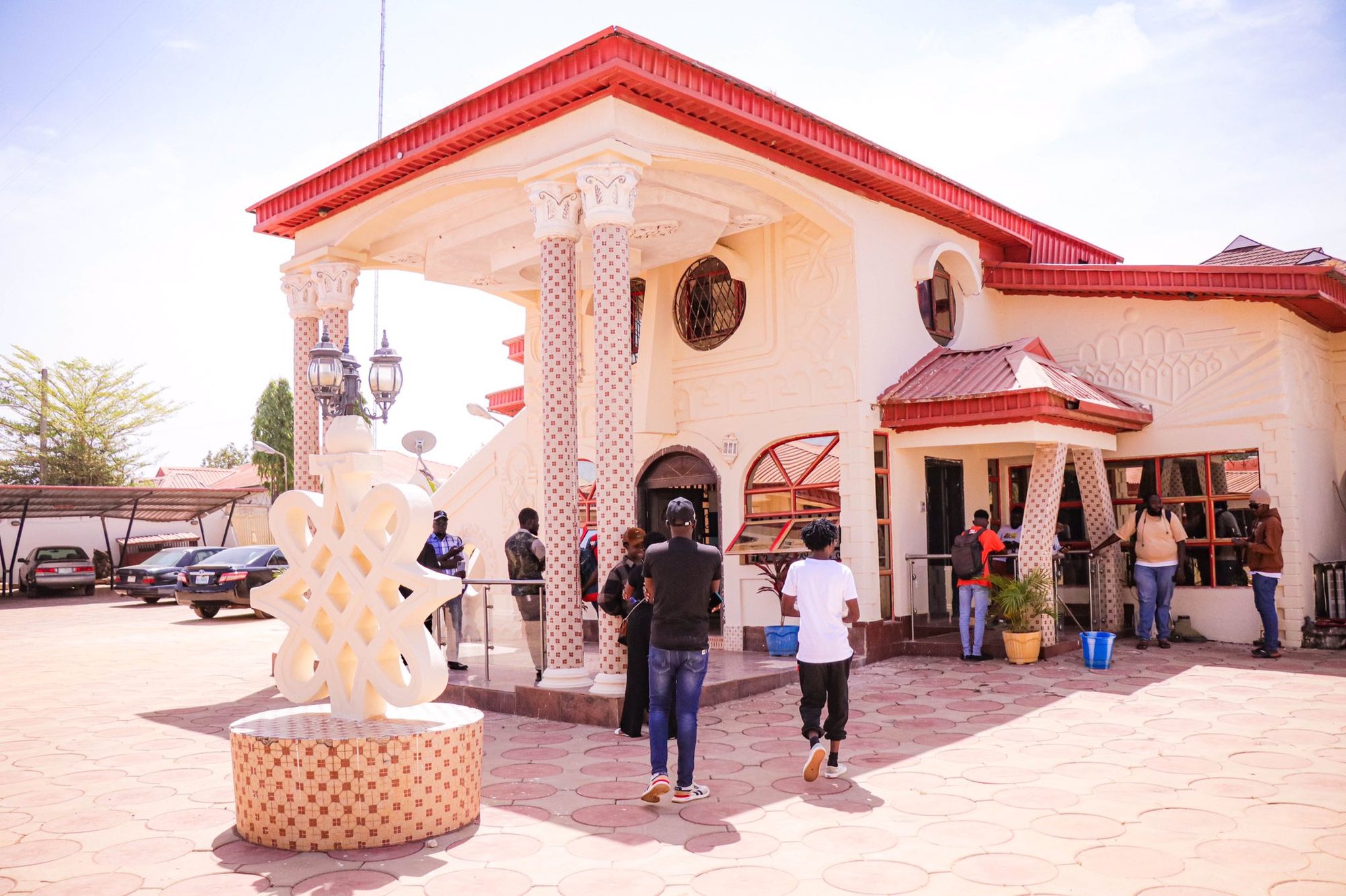Northern Nigeria tech entrepreneurs want to revamp the startup ecosystem
As the Northern Nigeria tech ecosystem continues to face growth and funding challenges, entrepreneurs are working on revamping the growth.

In 2016, two graduates from the University of Jos—Daser David and Hyginus Horson—founded nHub in Jos, making it the first tech and innovation hub in northern Nigeria. The following year, another innovation hub, CoLab launched in Kaduna.
At their emergence, both hubs were invested in building a tech talent pool that will pioneer the ecosystem. “Although we were coming with the goal to build something similar to the innovations at Silicon Valley, we realised that there was a tech talent deficit, training and conversations around tech and innovation led our operations at the time,” says Eric Nanle, incubation manager at nHub.
More than 10,000 tech talents have been moulded by nHub, and alumni from there and other innovation hubs in the region like CoLab have gone on to build pan-African startups including Sudo, a card provider that recently raised $3.7 million pre-seed. However, the Northern Nigeria startup ecosystem is facing a brain drain due to the unavailability of startups in the region that will employ the talent that has been trained by these hubs.
“The tech ecosystem in the North is still at a growing phase. However, it lacks a strong sense of community and venture capital funding,” according to Johnpaul Nwobodo, an associate at Proximity Ventures.
“Furthermore, many investors are based in Lagos and are more likely to invest in startups based in the southern part of the country. This bias has made it difficult for startups in the North to secure funding, even if they have promising ideas and strong teams. In addition to investor bias, the lack of infrastructure in the North has also hindered the growth of the region’s startup ecosystem,” writes Surayyah Ahmad, founding partner at TechTankLabs, an early-stage investor focused on the region.
In 2019, nHub launched Jos Angel Network (JAN) to create a bridge between budding startups and investors in Plateau state. Immediately after the launch, JAN wrote cheques to three Jos-based startups operating in fintech and agritech. Unfortunately, the network’s activity in the state was short-lived. “Although it was going to be a game changer when we launched, the network was not the right time,” Theodore Longji, CEO of nHub said.
After about four years of JAN’s inactivity, nHub has unveiled a coalition of Plateau-based hubs and accelerators to drive the ecosystem and also enable the domestication of the Nigeria Startup Act (NSA). “It is an opportunity for us to come together and re-strategise on how to drive innovation and also source funding for ideas in Jos and the rest of Northern Nigeria,” says Longji.

Efforts by state governments in the region
The coalition includes at least five tech and innovation hubs in the state and other tech entrepreneurs with the active participation of the Plateau State Information and Communication Development Agency (PICTDA). “This is coming at a time that is needed as the state is ready to implement the Act [NSA] and ensure that the full provisions of the Act are fully implemented to the fullest through the combined efforts of my office and the state house of assembly,” David Daser, director general of PICTDA and co-founder of nHub said.
Related Article: Inside the implementation of the Nigeria Startup Act
Since our last report where Segun Oruame, Founder of Qitech Technologies, a technology hub mentoring startup founders in Northern Nigeria said “for the ecosystem to thrive, the government needs to be an intentional enabler”, sub-national governments in the region are working to ensure the growth of the ecosystem.
Last year, the Governor of Kaduna State, Nasir El-Rufai commissioned the CoLab Innovation Campus, which is the first tech space within the Kaduna Technology City located at Barnawa, Kaduna. The campus is a donation from the state government to CoLab and is located across four warehouses in the city with 300 workspaces, and a 200-seater multipurpose event space.
In driving the development of the city, “challenges have been a bit light on this project because of how swiftly the government has acted,” says Sanusi Ismaila, the founder of CoLab.
Code Plateau, the government-backed digital skills project in Plateau state has grown since we last covered it two years ago. “When the director general of PICTDA came on board in 2019, he figured out that to build a strong ecosystem, you need to invest in human capital development. That is why we started Code Plateau to equip young people with relevant tech skills for the fourth industrial revolution,” according to Ponfa Miri, the project coordinator of Code Plateau.
Since its launch in 2019, Code Plateau has trained over 1500 young people across five cohorts in the Plateau State—and others from neighbouring States. Applications are currently ongoing for the sixth cohort. The state government has also launched a “fully equipped campus” to enable in-residency participation.

Meanwhile, to tackle the ongoing brain drain in the ecosystem, PICTDA created a sub-initiative under Code Plateau tagged “Code for Plateau” where graduated fellows of the programme are retained to work in ministries, departments, and agencies in the State.
“The government has taken steps to support the country’s startup ecosystem, but there is still more that can be done,” according to Surayyah Ahmad.
A more regional approach
Although nHub’s strategy is Plateau-focused at the moment, another initiative the Northern Founders’ Community (NFC) is also driving mobilisation in the region. “ NFC is a central point for the Northern ecosystem to ensure that global opportunities and useful information are easily passed to the ecosystem,” reads a welcome address on the community’s LinkedIn group. “It is an independent organisation that is managed by 15 incubators, accelerators, innovation hubs, startup advisory groups, civil organisations and VC.” The community is managed by Surrayah’s TechTankLabs.
Before the end of this year, NFC intends to host a startup summit, produce a documentary about the ecosystem and also partner with academics in the region to produce research on the Northern Nigeria startup ecosystem.
“Collaboration is critical to building a successful and sustainable tech ecosystem. Northern Nigeria’s incubators, accelerator, and innovation hubs must collaborate to share opportunities that will allow them to create sustainable business models that will support the ecosystem,” Surrayah added.







Comments ()